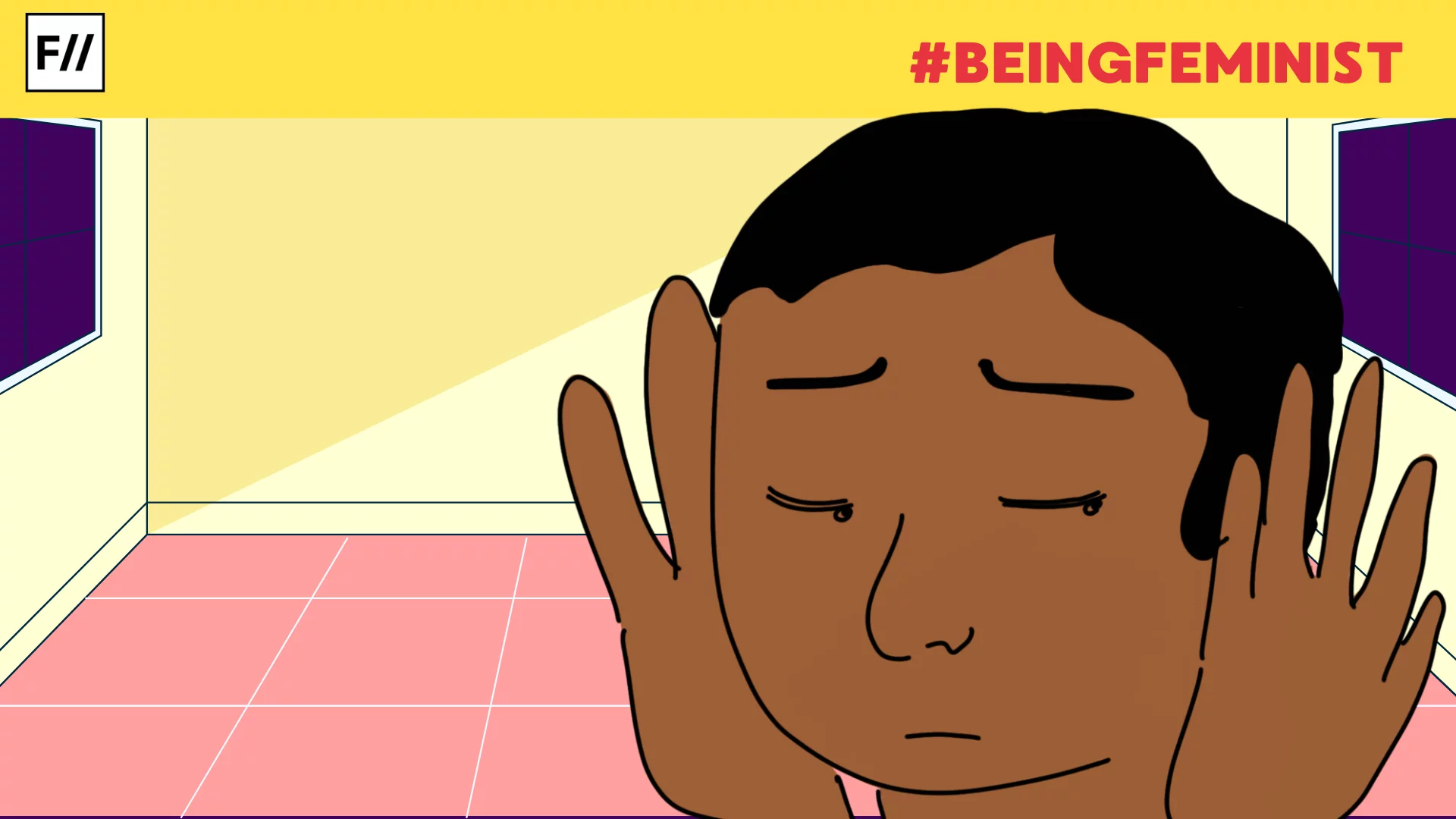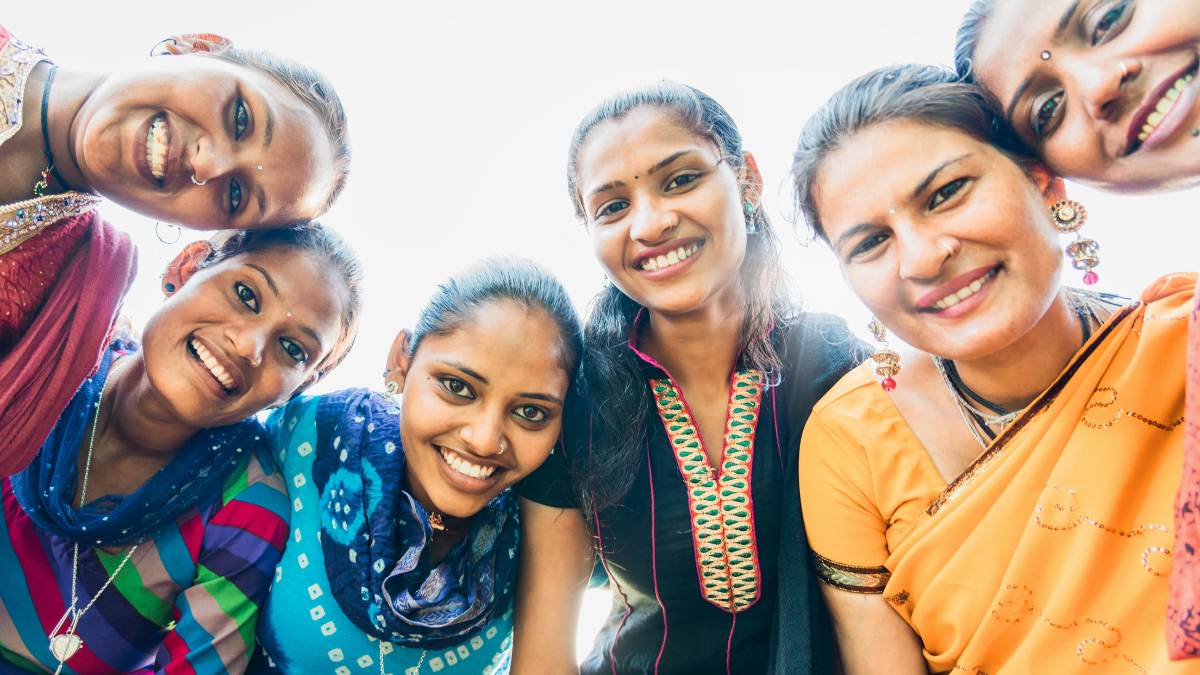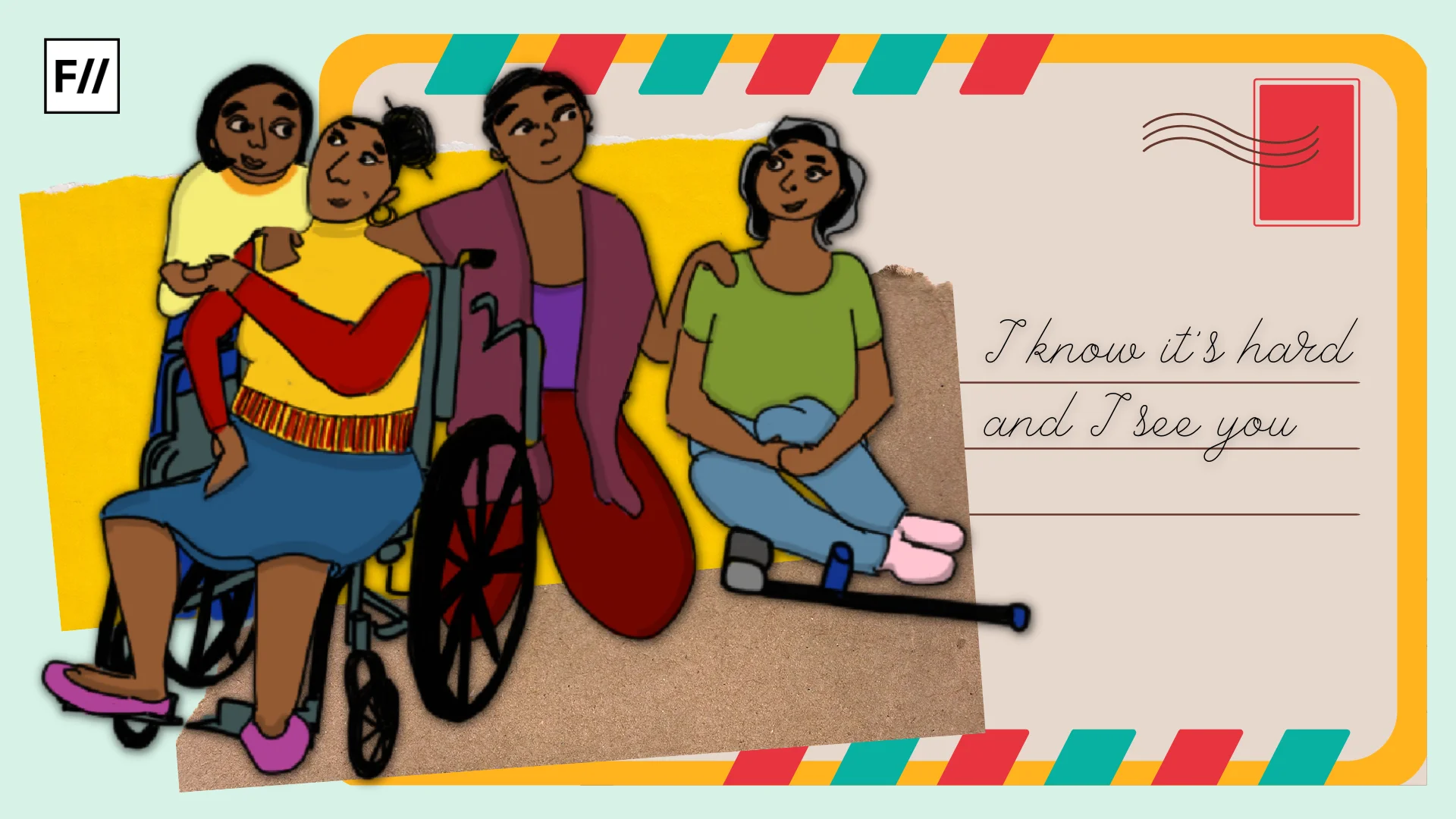I learn about feminism every day. Whether it is through academics, social media, literature or movies, the lessons are profound, grounded and raw. Consequently, it has become easier for me to call out misogynistic behaviour. If a male character in a movie is stalking the female character (something that is portrayed as love in many Bollywood and regional movies), I am the first to point out the directional misogyny. If I hear stories of undue, patriarchal marriage/romantic demands, I am one of the bold feminists who speak out against it. If I experience sexism in the classroom or at work, I have no problem speaking out about it.
Yet, even when I realise that patriarchal notions are embedded in our vocabulary, I lack the conscious effort to try to change them.
While misogyny is prevalent in our vocabulary in several ways, swear words are the most deeply embedded. I say embedded because they seem to be almost second-hand in nature, i.e several people don’t think before using them. Predominantly, the swear words considered the most offensive are somehow always about one’s mother, sister or a related woman in general. This is not something unique to English; it is something so commonly used in many Indian regional languages as well.
If you live in cities like Chennai or Bangalore, where traffic congestion brings out the worst in many, you hear these words casually being thrown out to berate others. Just because the other person did not follow road rules or made the wrong cut, their mother or sister is sure to be insulted. The words taken alone most often tend to mean having incestuous or sexual relations with one’s mother or sister. It brings things into perspective when one realises how casually they are said in public.
I have heard some counter-arguments to this, mostly from those who defend the usage of such swear words. Why, even I myself had used this justification some time ago. Which is, that when one uses such words, they are not actually thinking about their meaning while saying it. When teasing their friend using that word, they don’t actually think about their friend having improper relations with their mother.
If you mean to insult one person, why does the insult land on the women related to them rather than the person themselves? Why are terms like “daddy issues” or “fatherless person” meant to be an insult to the woman, rather than the male in question?
Rather, the word is just an “expression” of anger, not meant to insult but to express. I used to justify it in the same way (I still do sometimes when my close ones use it), until I gave it some thought. Is it not more problematic to use it then? If you mean to insult (or play around by insulting) one person, why does the insult land on the women related to them rather than the person themselves? Why are terms like “daddy issues” or “fatherless person” meant to be an insult to the woman, rather than the male in question?
The implicit nature of such misogyny is revealed in its justification itself. That such a word is not meant to insult the person themselves. So why doesn’t any other word that does not insult women work? It does not work because it is not as weak as the patriarchal conception of femininity. The feminine characters of one’s household, according to patriarchy, have a reverent but constricted role to play. To the men in the household, they exist in relation to them: as mothers, sisters, wives and daughters playing patriarchal social roles. Any other sexual relation apart from marriage is considered stripped of sanctity and is the most derogatory form of indulgence. This is why swear words indicating such incestual relations with the women of their household are considered offensive. The consideration of femininity is so weak that swear words are the highest form of insult to strangers, but invisible when playing around with friends. The usage of swear words in this context displays a shockingly wafer-thin dichotomy.
Ridding our vocabulary of such swear words may not be a developmental priority. Effective socio-economic policies that reach the marginalised are crucial to development. But true development and policy-making can only happen with social change. Government policies and actions can only aid materially. They are often perceived as a level for many to achieve, a checklist to tick off while progressing in life. Several initiatives like education, rations and employment schemes are considered this way. But the underlying social lesson, the need to change patriarchal conception, is not realised through such policy change.
The notion of associating all forms of weakness and indecency with sexual relations and femininity needs to be dismantled.
How people see the women in their lives, how they implicitly consider them, is a crucial aspect of social change that has to be addressed. This notion of associating all forms of weakness and indecency with sexual relations and femininity needs to be dismantled. Only then can policymakers and people in power truly draft policies that reach the marginalised women. The first step to this is unlearning and empathy, which can only begin by realising how deeply patriarchal structures are embedded in our day-to-day life.
It has been easy for me to unlearn patriarchal habits and actions that don’t appease my emotions. Mostly because such unlearning empowers me. But it has been harder to unlearn this micro-patriarchal vocabulary that is so deeply conditioned and quick to enter my mind when I’m angry. It contributes to the implicit nature of the struggle of being a feminist. How can I truly be a feminist when I know I succumb to such verbally violent swear words, dripping with misogyny?
As feminists, many of us are used to experiencing emotions of irritation, anger and frustration at how the world operates. Rage and indignation at injustice are emotions we are used to, so expression of anger in healthy ways is necessary. But it is important to realise that the expression of anger is not always feminist. I have come so far in learning about feminism and unlearning behaviours of patriarchy. We, as feminists, have come so far. But for true social and developmental change, it is necessary for us to keep going further in words, thoughts and actions.
About the author(s)
Lakshmi Yazhini is a post graduate student, pursuing an Integrated Masters in Development Studies, at the Indian Institute of Technology Madras. Based in Chennai, Yazhini has an avid research interest in the intersectionality of feminist geography and the state, in peripheral cities. In her free time, she likes to bake, do yoga, read fiction and pen down her thoughts in her journal (which are most often about the micro inequalities around her). Yazhini hopes to explore, write and make a difference about these as a policymaker some day.





